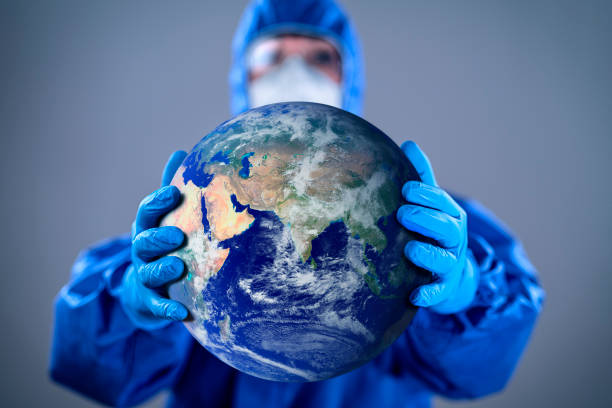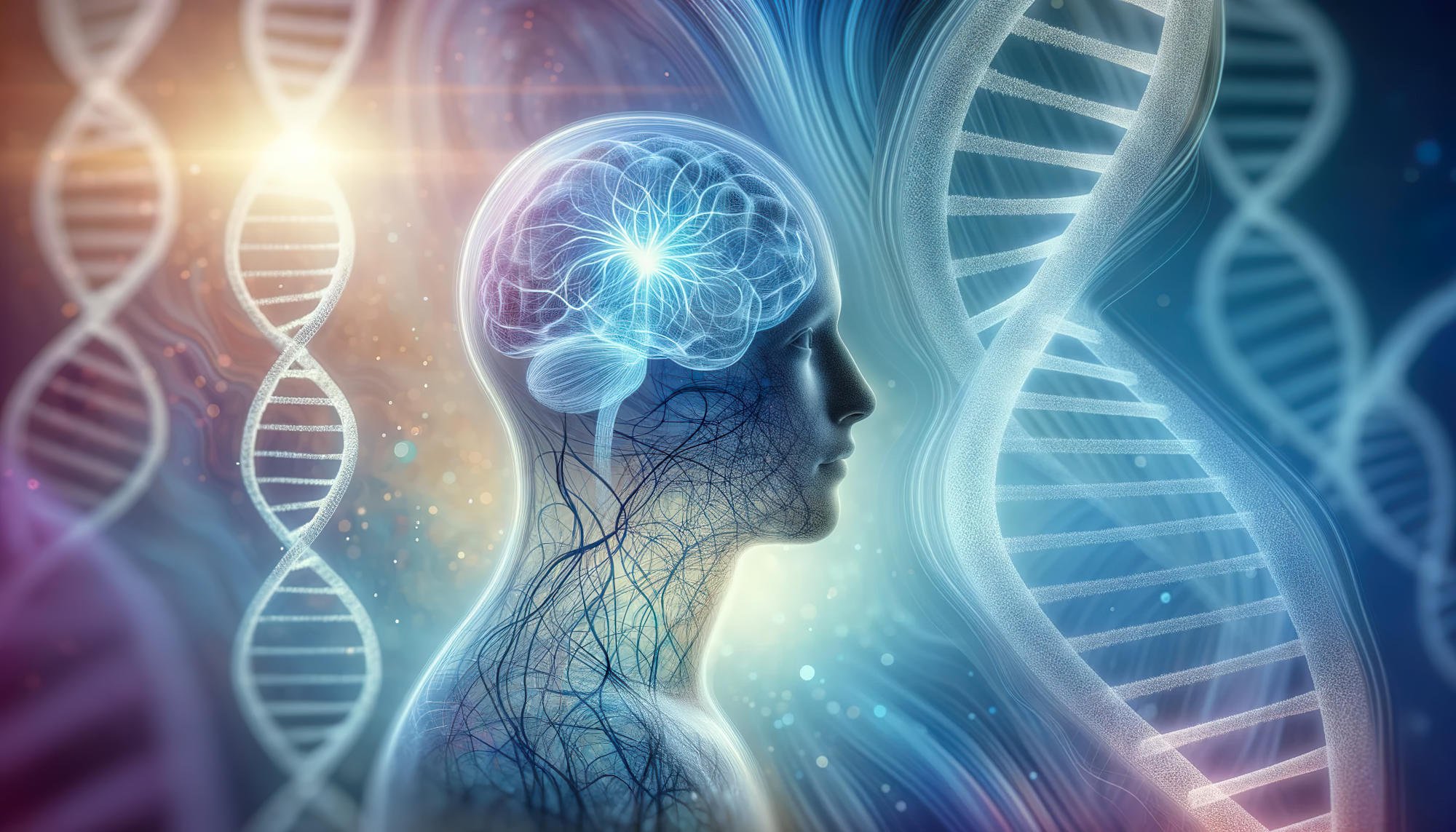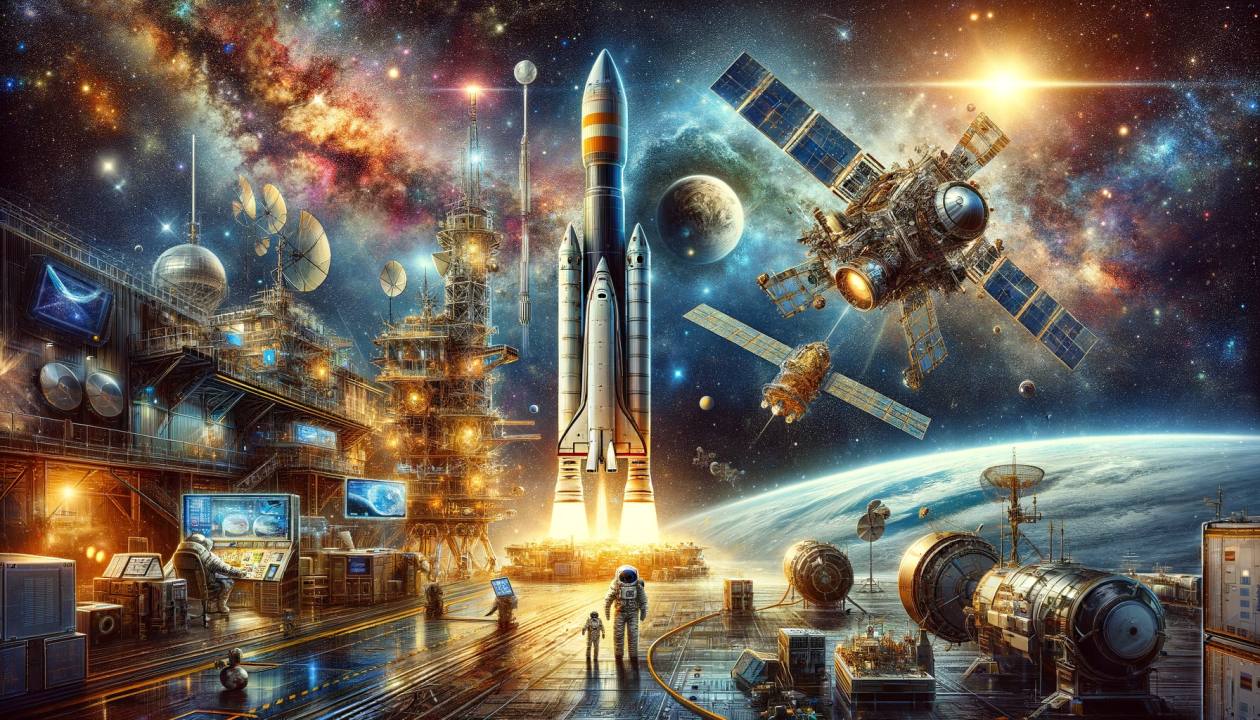Climate change is one of the most pressing challenges facing humanity today. The scientific consensus is clear: human activities, particularly the burning of fossil fuels and deforestation, have significantly contributed to the warming of the planet. This article explores the science behind climate change, the global impact it is having on ecosystems and human societies, and the steps being taken to mitigate its effects.
At the heart of climate change is the greenhouse effect, where certain gases in the Earth’s atmosphere, such as carbon dioxide (CO2), methane, and nitrous oxide, trap heat from the sun. These gases allow sunlight to enter the atmosphere but prevent some of the heat from escaping back into space. This natural process keeps the Earth warm enough to support life, but human activities have intensified this effect, leading to global warming.
The primary driver of climate change is the burning of fossil fuels for energy. Coal, oil, and natural gas release large amounts of CO2 into the atmosphere when burned, contributing to the greenhouse effect. Deforestation also plays a significant role, as trees absorb CO2, and cutting them down reduces the Earth’s ability to remove excess carbon from the atmosphere. As a result, the concentration of greenhouse gases in the atmosphere has reached levels not seen in millions of years.
The effects of climate change are already being felt around the world. Global temperatures have risen significantly, with 19 of the 20 warmest years on record occurring since 2001. This warming is causing glaciers and ice sheets to melt, contributing to rising sea levels. In coastal areas, rising seas are threatening to displace millions of people and damage infrastructure. Extreme weather events, such as hurricanes, droughts, and wildfires, are becoming more frequent and severe, putting strain on communities and ecosystems.
Another significant impact of climate change is on biodiversity. As ecosystems become disrupted by rising temperatures and shifting weather patterns, many species are struggling to adapt or migrate. Some may face extinction if they cannot find suitable habitats or food sources. The loss of biodiversity poses a threat to food security, as many crops and animals rely on stable ecosystems to thrive.
Despite the grim outlook, there is hope. Renewable energy sources, such as solar, wind, and hydropower, are growing rapidly and provide a cleaner alternative to fossil fuels. Countries around the world are also implementing policies to reduce carbon emissions, promote energy efficiency, and protect forests. The Paris Agreement, signed by nearly every nation, aims to limit global warming to well below 2°C above pre-industrial levels and pursue efforts to limit the temperature increase to 1.5°C.
Conclusion:
Climate change is one of the most urgent challenges of our time, and its effects are already being felt around the globe. By understanding the science behind climate change and its impact on ecosystems and human societies, we can take meaningful steps to reduce greenhouse gas emissions and mitigate the effects of global warming. The future of our planet depends on global cooperation and a commitment to sustainable solutions.




